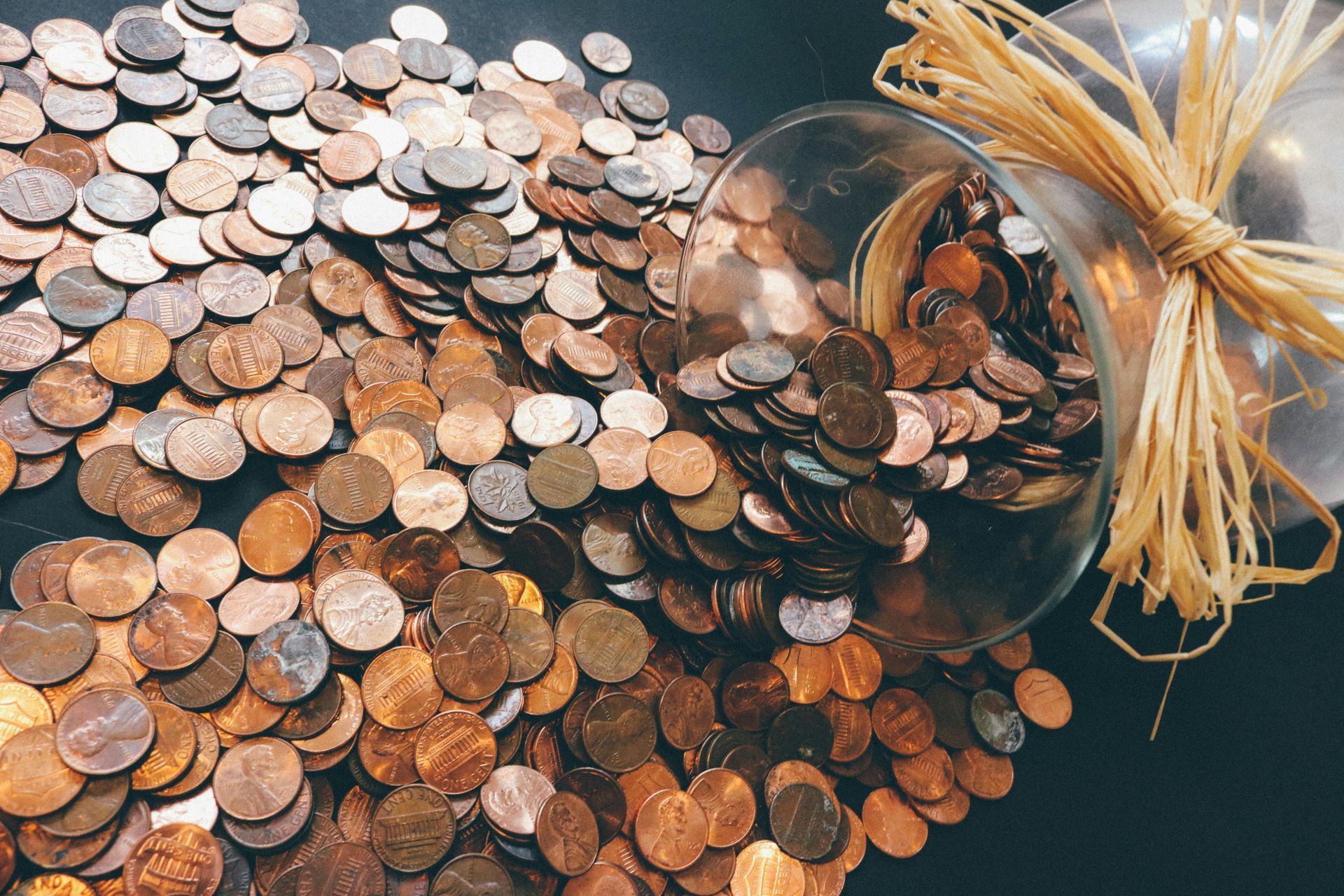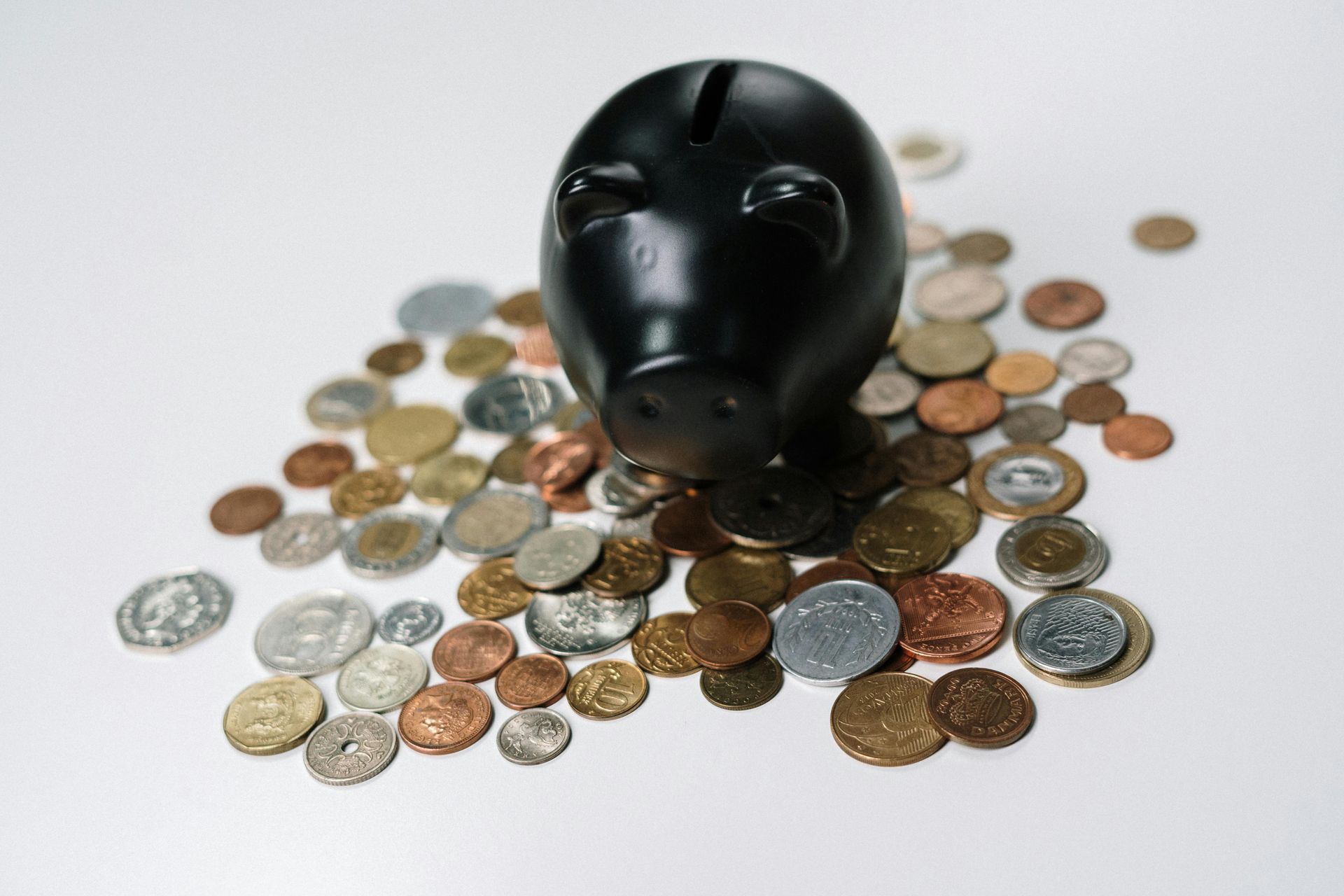Contact Us
Phone: 973-620-7303
Location
90 Washington Valley Rd
Bedminster, NJ 07921
Hours
- Mon - Fri
- -
- Sat - Sun
- Closed
We Offer Virtual Consultations | Call Now: 973-620-7303
Understanding the Differences Between Chapter 13 and Chapter 7 Bankruptcy in New Jersey
Understanding the Differences Between Chapter 13 and Chapter 7 Bankruptcy in New Jersey
Bankruptcy can be a daunting process, but understanding the differences between Chapter 13 and Chapter 7 bankruptcy can help you make an informed decision about which option is right for you. At The Law Offices of Andy Winchell, P.C., we help New Jersey residents navigate the complexities of bankruptcy proceedings. In this blog post, we will explore the key distinctions between Chapter 13 and Chapter 7 bankruptcy to help you determine which may be the best fit for your financial situation.
Eligibility Requirements:
Chapter 7 bankruptcy is often referred to as liquidation bankruptcy and is typically available to individuals who do not have sufficient income to repay their debts. To qualify for Chapter 7, you must pass a means test that assesses your income compared to the median income in New Jersey. On the other hand, Chapter 13 bankruptcy, also known as reorganization bankruptcy, requires you to have a regular source of income to create a repayment plan over three to five years.
Debt Discharge:
One of the main differences between Chapter 7 and Chapter 13 bankruptcy is how debt is discharged. In a Chapter 7 filing, most unsecured debts such as credit card debt or medical bills are discharged within a few months of filing. In contrast, Chapter 13 allows you to repay all or a portion of your debts through a court-approved repayment plan. While some debts may be discharged at the end of your repayment period, others may still remain.
Asset Retention:
Another key distinction between the two types of bankruptcies is how assets are treated. In a Chapter 7 filing, non-exempt assets may be liquidated to repay creditors before receiving a discharge of debt. Exempt assets such as necessary household goods or retirement savings are typically protected from liquidation under state laws. Alternatively, in a Chapter 13 filing, you can retain all your assets while repaying creditors through your repayment plan.
Duration of Process:
The timeline for completing either type of bankruptcy varies significantly. A Chapter 7 case can typically be completed within four to six months from the date of filing, providing relatively quick relief from overwhelming debt. Conversely, a Chapter 13 repayment plan lasts three to five years, requiring ongoing monthly payments until all debts included in the plan are satisfied.
Both types of bankruptcies will have an impact on your credit score and ability to obtain credit in the future; however, they will remain on your credit report for different lengths of time. A Chapter 7 bankruptcy will stay on your record for ten years, while a Chapter 13 filing will remain for seven years after completion.
Understanding the differences between Chapter 13 and Chapter 7 bankruptcy is essential when considering which option may be best suited for your financial circumstances. At The Law Offices of Andy Winchell, P.C., our experienced team can guide you through each step of the bankruptcy process and help you make informed decisions about your financial future. Whether you are eligible for liquidation under Chapter 7 or prefer reorganization with a repayment plan under Chapter 13, we are here to provide personalized assistance tailored to your unique needs as a New Jersey resident seeking relief from overwhelming debt.
Schedule a Case Evaluation
Contact us now!
Homepage FCE Form
We will get back to you as soon as possible.
Please try again later.
By submitting this form, you agree to be contacted by our law firm, either by phone, text or by email.
Practice Areas
Bankruptcy
Foreclosure Defense
Zombie Debts
Mortgage Loan Modification
Hours
- Mon - Fri
- -
- Sat - Sun
- Closed
Extended Phone Hours Available
Contact Information
Email: andy@winchlaw.com
Phone: 973-620-7303
90 Washington Valley Rd
Bedminster, NJ 07921
We are a debt relief agency. We are attorneys who help people file for bankruptcy relief under the bankruptcy code.
The information on this website is for general information purposes only. Nothing on this site should be taken as legal advice for any individual case or situation. This information is not intended to create, and receipt or viewing does not constitute an attorney-client relationship.
All Rights Reserved | Law Offices of Andy Winchell, P.C. | Powered By Convert It Marketing | Privacy Policy
All Rights Reserved | Law Offices of Andy Winchell, P.C. | Powered By Convert It Marketing | Privacy Policy











